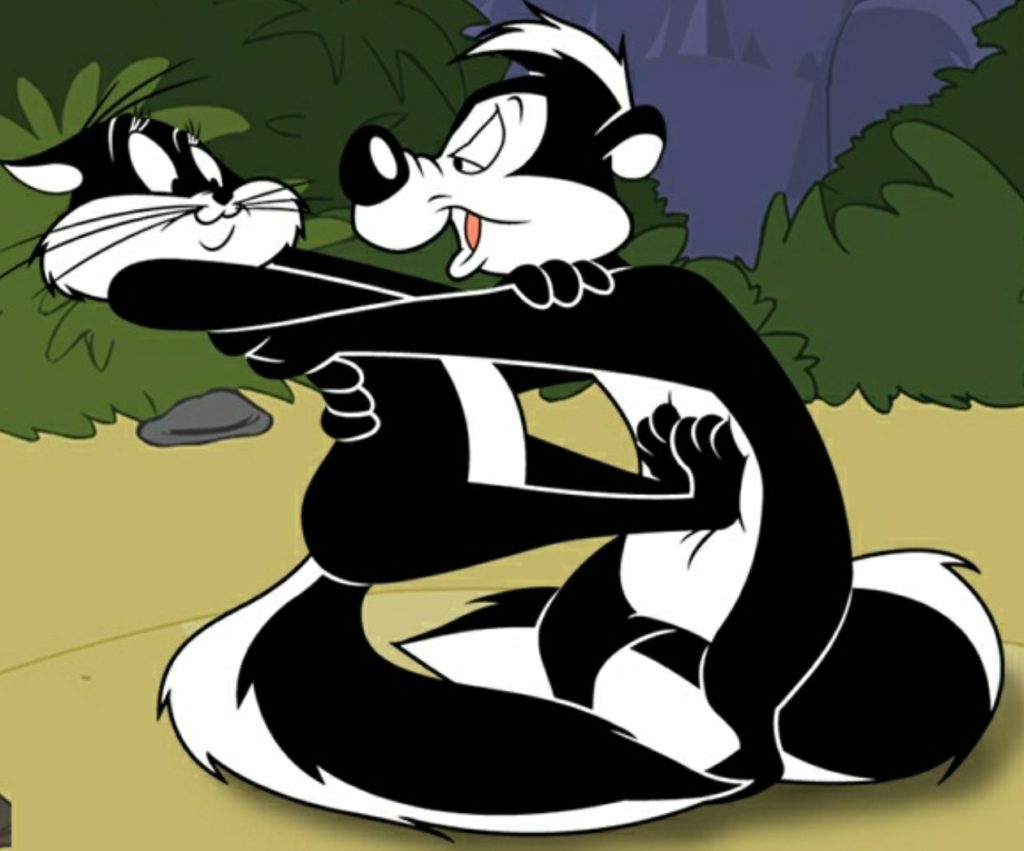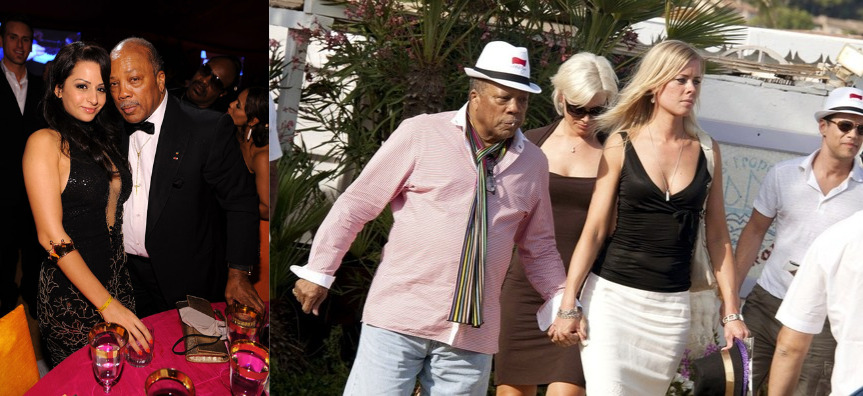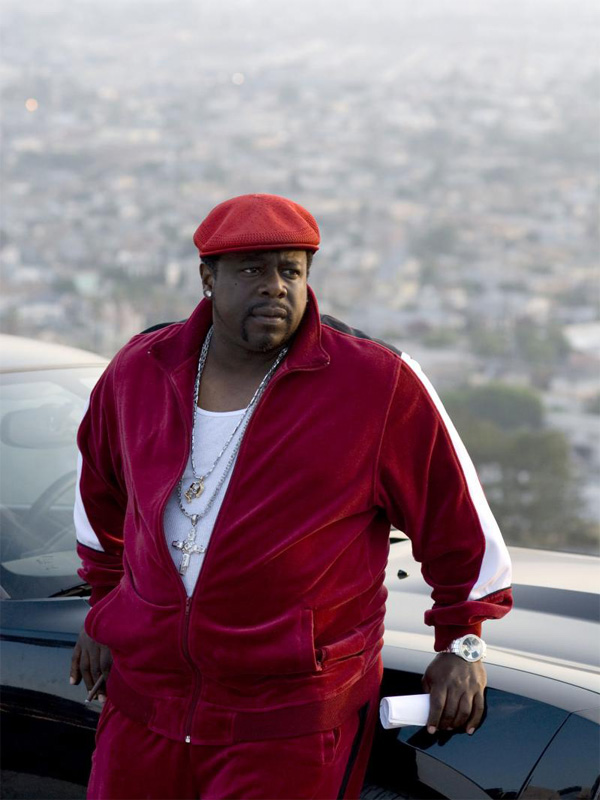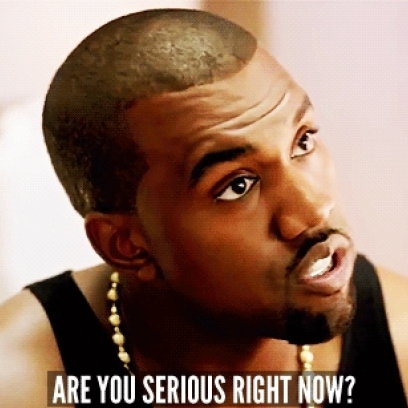
Overall the movie is great. Cool good guy, good squad. compelling vision. I love the idea of an African nation untouched by slavery or colonization, but also making use of their natural environment. In terms of analog, Black Panther is more like Botswana – a traditional leader using the natural resources to invest in the public
Fight scenes – a little better cinematography to follow the action, and ideally showing off traditional african martial arts. The articles about Bosewick’s training mention a lot of Muay Thai.
CGI – A lot of people complained about it, I didn’t notice it.
The women were regal, and the did more than just be love interests.
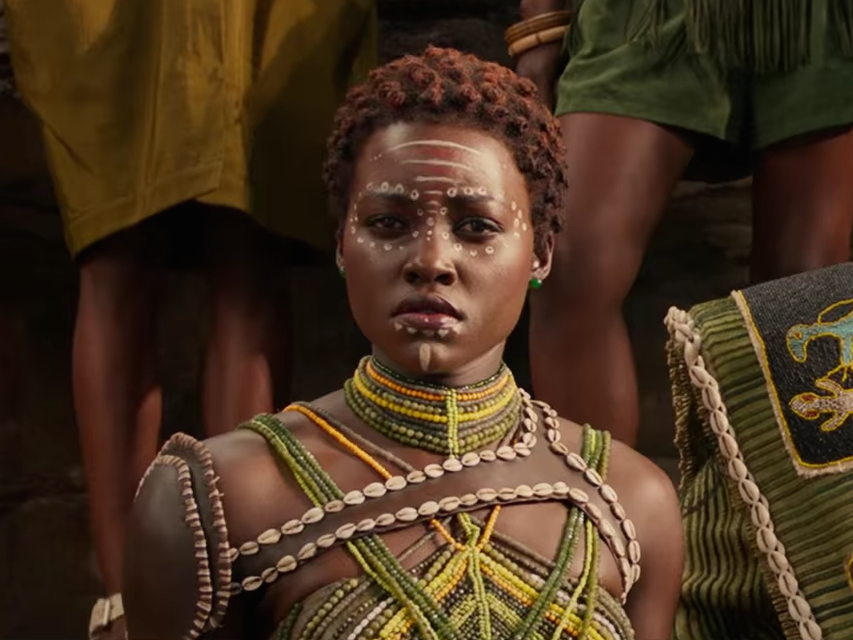
The supporting cast was great.
I’m not going to speak to much on Martin Freeman’s character, Everett Ross, other than the irony of Martin’s last name. Although the inclusion of Ross is true to the comic book, the way that he’s used in this film is more about fanning flames.
The real question in the movie was whether Killmonger was right, should we arm the oppressed?
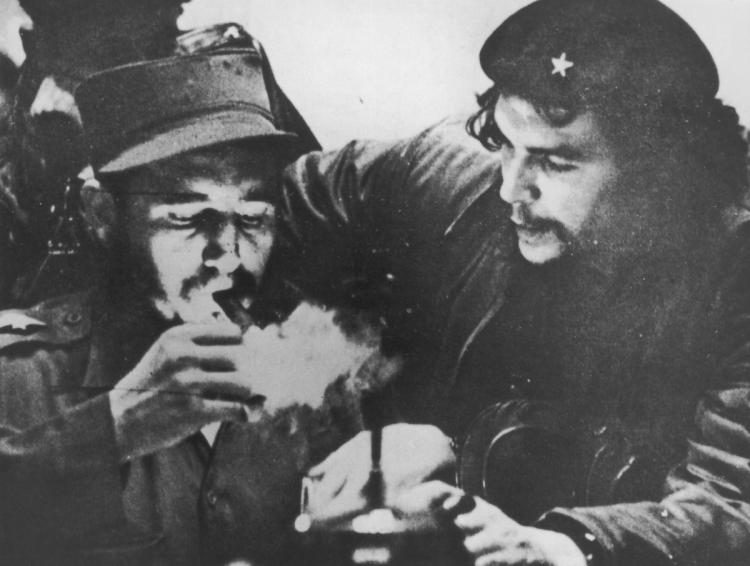
The film says no. And that is what you would expect from a corporate film from the likes of Marvel and Disney. And for a mainstream film, what else could they really say?
“Yes, let’s arm the oppressed Rohingya Muslims in Myanmar to fight back against that repressive Buddhist regime.” Said no one ever.
That’s not what I say.
Killmonger was right. The oppressed people of the world should be armed.
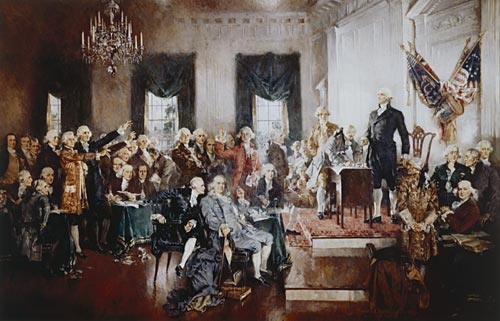
And along those lines, they’d probably be better under off under a Wakandan Empire, whose ruler has lived at the bottom of the pile and also toppled regimes.
What were the options discussed in the film
1) T’Challa suggested bringing in refugees.
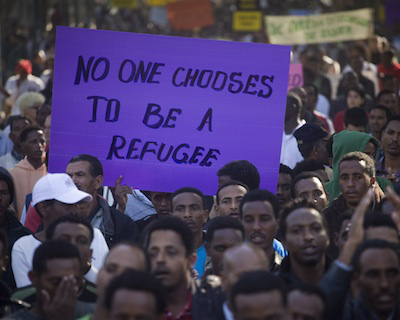
I really don’t know much about the Wakandan economy, other than there are farmers, ranchers, street vendors, shop keepers, lab technicians, and royalty. I don’t want to delve too deep into the comic book, but the livelihoods of regular Wakandans is an open question.
T’Challa comes up with the idea, but his countrymen and friend, dismisses it by saying that outsiders would bring their problems to Wakanda.
W’Kabi offers an alternative.
2) Regime Change
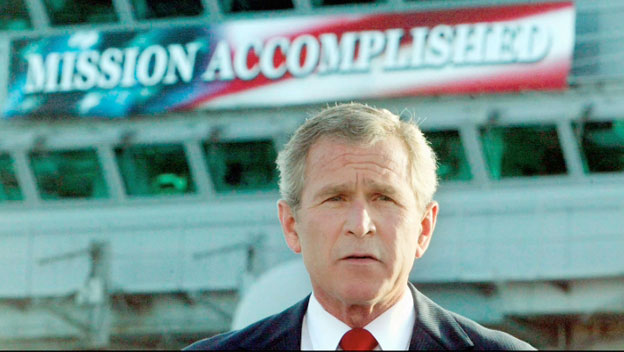
We could go out to these countries and “clean” them up. A bit like the US invading Iraq/Syria/Afghanistan. There’s no question that military can topple a government, there is a question of rebuilding better than it was before.
And that’s one of the central tensions of the argument against Killmonger.
Destroy the oppressor, and then what?
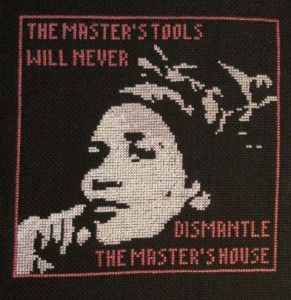
In recent memory, we’ve seen the Arab Spring/North African spring topple repressive regimes but not have a plan in place to continue basic services.
If the focus is on material comfort, Iraq and Libya were better under their respective rulers.
China is an authoritarian and repressive regime, and it managed to lift 100’s of millions out of poverty.
Are we willing to trade self-determination for comfort?
That brings the discussion to comfort versus freedom
Except for the fact that Wakanda has advanced technology, and delivering government services is to a liberated people would be very possible.
3) Soft Imperalism – Nakia’s plan
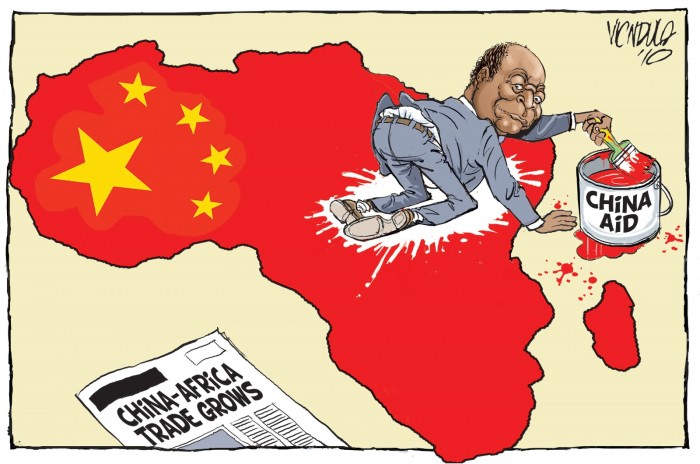
Nakia wanted Wakanda to do more socially.
She says this unironically as she acts as an intelligence agent in that fake Boko Haram/Child Soldier.
Her plan is vague, but it’s along the lines of what they ended up doing.
4) Soft Imperialism/Technology Transfer without Context
Shuri/Nakia/T’Challa – They decided to open a tech/community center in Oakland (because the city next door to San Francisco obviously needs another girls coding lab…) Strangely enough Disney/Marvel just did this exact thing.
Some of y’all are way too young to remember Tony Brown, but I remember him saying that if Black folks were to cancel all of their annual meetings for one year – and put that money in a fund – we’d have something that would basically address a lot of these issues. I don’t know the racial breakdown of the ticket receipts, but not a small fraction of the 700 Million dollars this movie made so far came from the people it celebrated. …
Anyway
At a global level, the plan was to share what they know with the world. The technology transfer aspect is important, not sure if it really applies in Oakland as opposed to say Kenya or Ecuador. As Americans, we have it pretty sweet. Not that it excuses the rampant racism throughout the culture – but it’s a little unseemly that T’Challa would build a school in Oakland and not Nigeria or Kenya (both name checked in the movie)

Killmonger wanted to arm the oppressed and have them overthrow the oppressors. He also wanted a Wakandan Empire. The film doesn’t actually explain what that means, but a man who grew up the son of royalty, in one of the worst in America, educated at MIT, experienced in regime change – I’m willing to give him the benefit of the doubt.
What made N’Jobu (brother to T’Chaka, Uncle to T’Challa, former friend of Zuri) different than his brother?
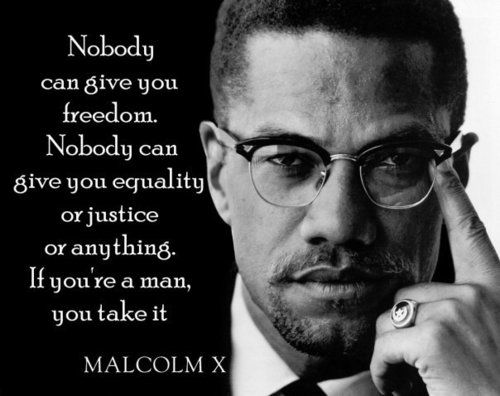
As an intelligence operative in America, N’Jobu experienced a few things
– Loss of his royalty
– Loss of being Wakandan
– Being lumped in with people that only shared his skin color, but not his culture. Many successful people from different cultures come to America, and just based on skin color, accent, or etc – get put at the back of the line.
That’s the key difference here between N’Jobu/Killmonger and the rest.
N’Jobu becomes “black” in the American sense, and Killmonger knows nothing else.
On the forge of American racism, N’Jobu became conscious.
Killmonger would never know another life. Not one of privilege. Through his father, through teachings.
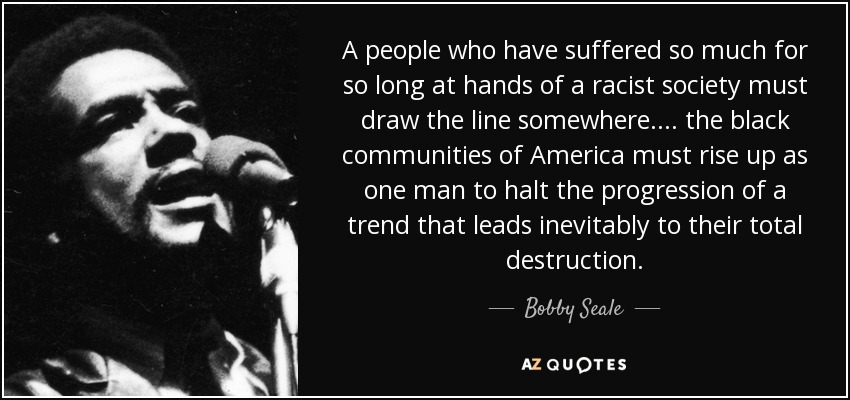
If you haven’t seen The Spook by the Door – an old school film where a black man goes to work for the CIA and then uses what he learns against his enemies. (I’m sure Coogler and his writing partner have seen all the blaxploitation films. When Killmonger breaks the spear – that’s a direct reference to Shaka Zulu)
Understanding their sense of identity is a key point in this film. Because what Killmonger is talking about, isn’t generally about “the globe”, but oppressed black people and oppressed people in general. In other countries, Africans don’t naturally ally themselves with other minorities. But in America, shared racism creates bedfellows. Indeed, in a lot of conscious circles that aren’t too caught up in the color thing, you’ll find people reaching out to Palestinians, Muslims, Latinos, Asians and Indians. Indeed, oppression is not just a white on color thing.
I’ve said it before, I’ll say it again, WV is 98% white. And the powers that be with no black and brown people to screw over, have no problem screwing over white guys. None what so ever. ….
I digress.
To get back in “Black Identity as distinct from Wakandan Identity”
When the film ends, Shuri asks T’Challa why Oakland and not Disney World (product placement!) or Coachella?
She feels no racial “connection”. Why would she? Why would any of them?
And this lack of “connection” continues.
At the UN, Wakanda is not promising to share its technology with Africa, or lesser developed nations, but with the world.
The efficacy of “technology share”, “social outreach” and “humanitarian aid” with lesser developed nations is not something I’m going explore here. But there’s nothing particularly “Pan African” about that.
Think about this the hood has plenty of schools and hospitals – most are better funded and staffed than by anything you’d see in a the developing country – yet it’s still the hood.
-Archie
